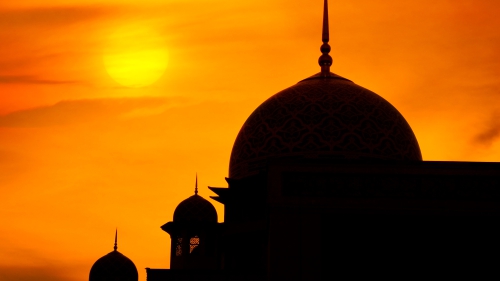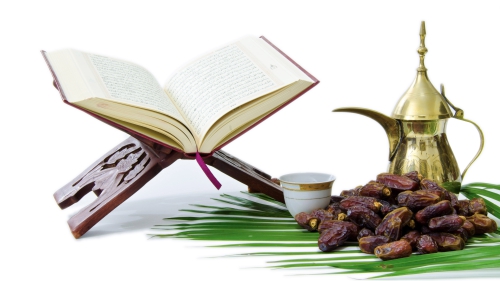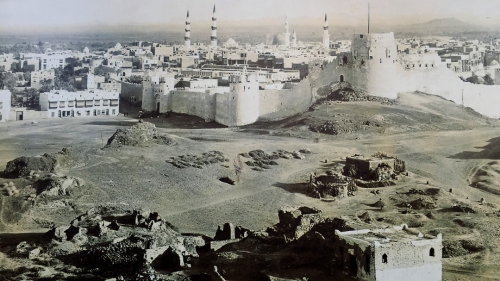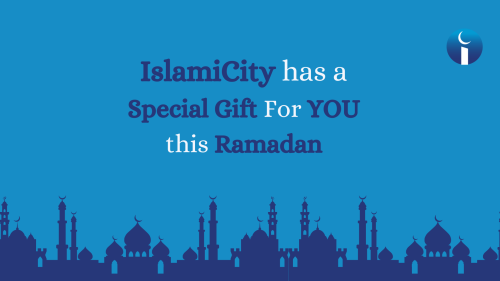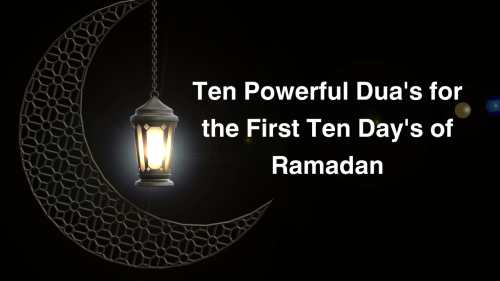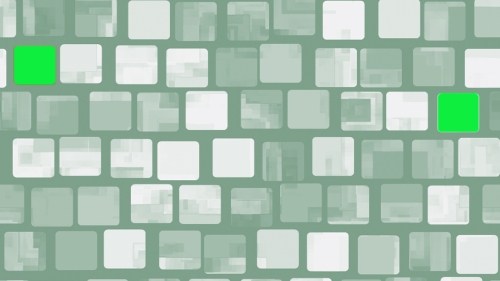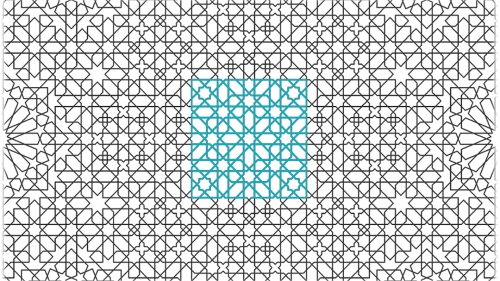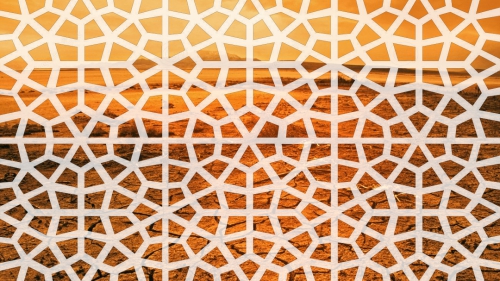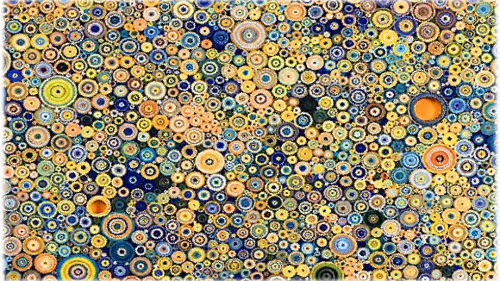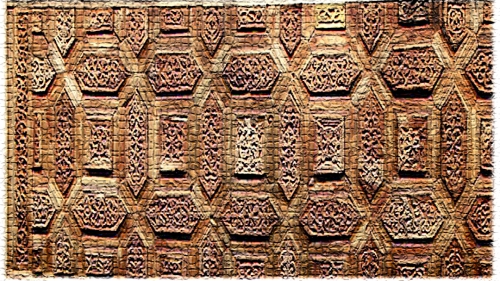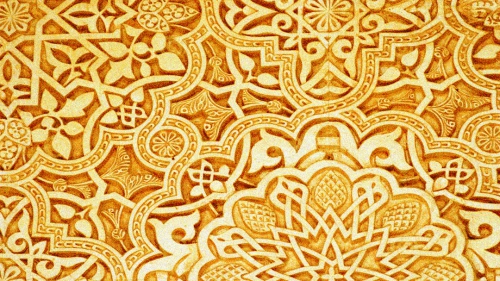Ramadan: A Comprehensive Approach
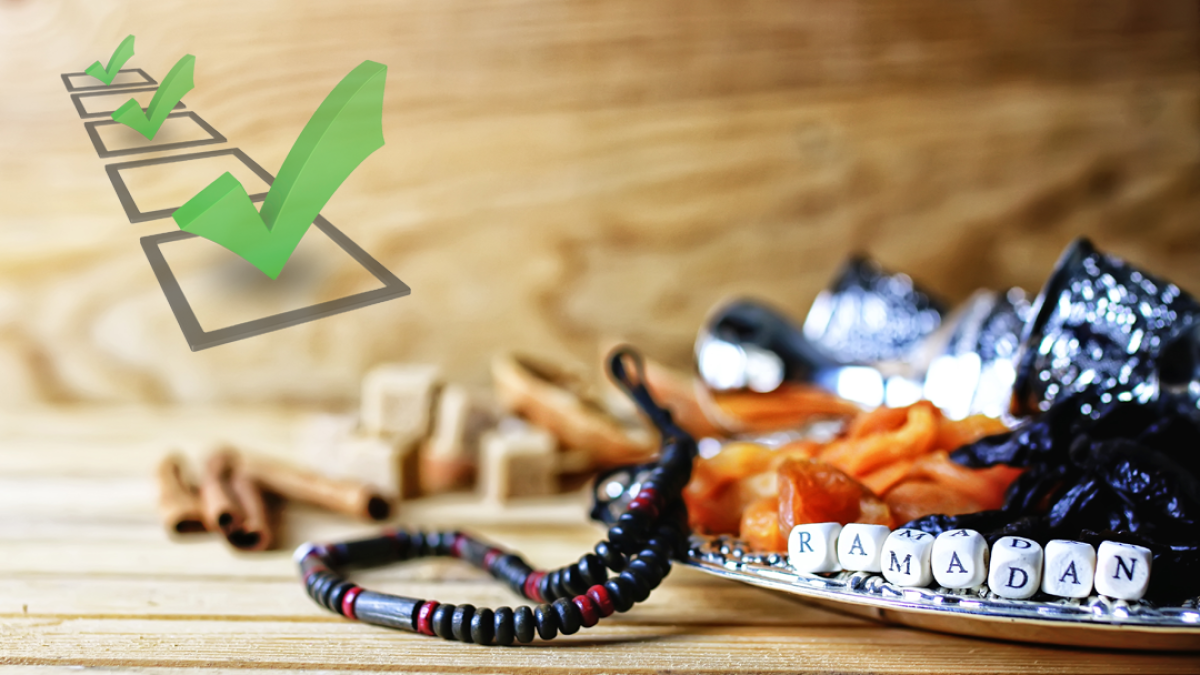
"So that you may attain Consciousness of divine guidance," (2:183). This is how the creator defined the purpose of the month of fasting. Every religious community follows the tradition of fasting in different ways. Some fast for 40 days and abstain from food, some for a week, a few days, or a day. The purpose of fasting in Islam is to rejuvenate and energize their commitment to divine values that secure peace with justice and dignity for every human being.
The month-long fasting has three primary dimensions:
Self-improvement
Community relation building
Identifying with social issues
For personal improvement, abstaining from food and water for a specific period, controlling intimate desires for married couples from sunrise to sunset, and disciplining oneself in situations that lead to anger, backbiting, lustful ideas, jealousy, and lying are essentials.
Community relations building requires that those with means and resources address the needy and the disadvantaged Muslim's needs.
Identifying with society requires involvement in causes of social justice and dignity-related issues facing the society at large.
It is a refresher program for the community to follow a comprehensive regimen to convince oneself and the people around that divine guidance is beneficial to all.
This pattern of observing the month of fasting is visible in the Sunnah of the prophet. He divided his time in worshiping, reflecting on divine guidance, helping the poor of the community, and inspiring non-believers to understand their conditions for a better life.
In the United States, the Muslim community is diverse and from different ethnic backgrounds. The Prophetic approach can enable it to become a cohesive and stable community for its growth and make constructive contributions to society. The community is active in making efforts for individual self-improvement. However, it still lacks a cohesive and organized effort in community building and identifying with social issues.
Perhaps, our religious scholars should come forward with programs that would enable us to focus on them. In each city or area covered by an Islamic center, a list of needy families would help streamline not only zakat ul mal or zakat ul Fitr but channelize the resources to disburse them appropriately. On social issues, the community can organize interfaith and local neighborhood breaking of fasting ceremonies to introduce itself to others.
The prophetic model is easy to follow and beneficial to all. Let us hope that this month of fasting helps us focus on developing a genuine consciousness of divine guidance that revolves around social justice and dignity.
Topics: American Muslims, Ramadan, Ummah (Community) Channel: Ramadan - Day 1
Views: 2034
Related Suggestions


















